Training Teachers for Quality Education
A comprehensive quality education programme for teachers across IGAD countries.
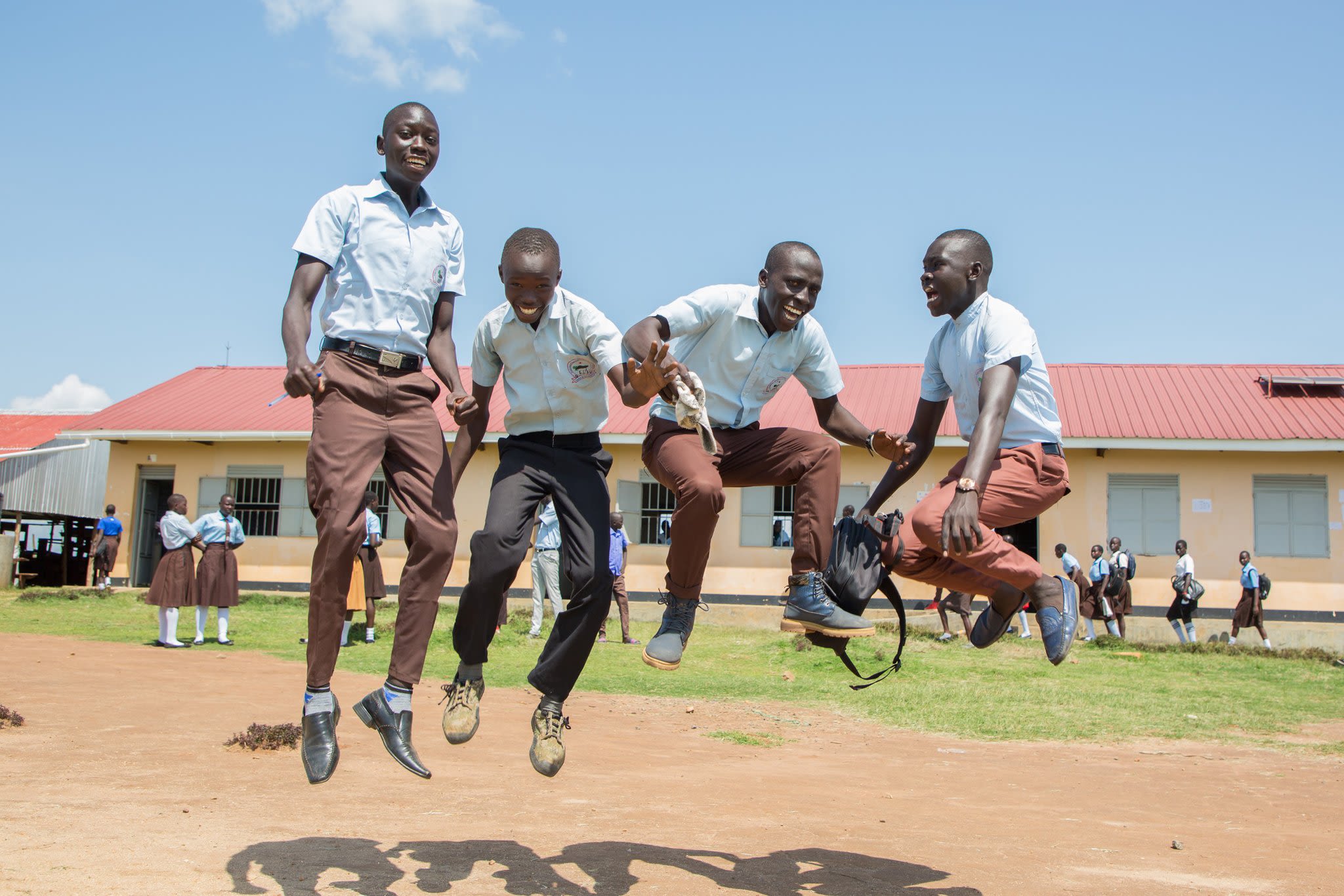
Teachers are key to the success of any education system.
In countries deeply affected by conflict and poverty, teachers play a central role in the peaceful and continued self-development of children. They are mentors, motivators, and protectors.
Education is a fundamental human right. It gives hope for the future, not only for children, but for their families and communities. A good quality education equips children to succeed in life, providing them with the life skills they need to take care of themselves and to fulfil their potential.
This in-depth concept paper shows how Windle International intends to empower and inspire teachers across the IGAD region to achieve their fullest potential by providing internationally-recognised and certified on-the-job training. Our blended learning approach combines online and onsite training that is proven to work, even in the most challenging learning environments.
Windle International are specialists in providing quality education and training across East Africa and the Horn of Africa. We believe that positive change is achieved, and peaceful societies are created, when the people who have been most affected by conflict are empowered to become change-makers in their communities.
By addressing the chronic lack of access to quality education for refugees, refugee-hosting communities, and internally-displaced people (IDPs), we can work towards overcoming many of the causes and issues that lead to conflict.
This concept paper introduces Windle International’s ambition to address the many challenges for teacher education, in order to improve performance at primary and secondary levels in refugee and local community schools in Sudan, South Sudan, Uganda, Kenya and Somalia – countries in which Windle already has a presence. The geographic scope of the project could be expanded to include Djibouti, Eritrea, and Ethiopia, to cover the entire IGAD region.
We are seeking to make progress towards addressing three key issues:
1. Poor quality education in schools due to teachers not being adequately trained;
2. The underrepresentation of women in the teaching profession in some countries;
3. Teachers' lack of English language skills to be able to teach appropriately in the language of instruction.
Education is a fundamental human right.
It fosters human development, and provides not only knowledge but hope that a brighter future is possible. For communities affected by conflict, this is particularly important. For children and young people who are refugees and from the communities that host them, education is a means of protection against forced recruitment into armed groups, child labour, sexual exploitation and child marriage. It strengthens community resilience, and empowers communities affected by conflict by giving them the knowledge and skills to live productive, fulfilling and independent lives. However, the reality is that for many, the quality of education they receive is woefully inadequate.
Windle International has a long history of working with communities affected by conflict across IGAD member states, in Kenya, Uganda, Sudan, South Sudan and, most recently, in Somalia. We are committed to providing truly inclusive, quality education at every stage, from early childhood development centres, to postgraduate education, to vocational training.
We know that teachers are key to the success of any education system. In countries deeply affected by conflict and poverty, teachers play a central role in the peaceful and continued self-development of children. They are mentors, motivators, and protectors.
Our experience is that most of the teachers in refugee camps in Kenya and settlements in Uganda have little training beyond the completion of secondary school. They are often referred to as classroom assistants (CAs) or Incentive Workers (IW), and yet they are responsible for directly delivering education to children and young people. In South Sudan only 20% of teachers have formal training. In Somalia, in 2020, only 22% of teachers had undergone teacher training.
In some of the countries in which we work, women are underrepresented within the teaching profession. For example, in South Sudan only 14% of teachers are women, and whilst the barriers for women entering teaching are many and complex, the result is that women miss out on educational and career opportunities, girls lack female role models to inspire them, and both boys and girls miss out when women’s views and contributions are not represented.
The lack of training and female representation is compounded by the fact that whilst English is the official language of instruction in the countries in which we work, the majority of untrained teachers are not fluent speakers. This limitation affects their capabilities to interpret and deliver the curriculum competently.
Building on the strength of current relationships, and also fostering new ones, Windle International intends to work with ministries of education, universities, national teacher training colleges and other education stakeholders to develop a comprehensive teacher education programme for refugee and host community schools to address these issues.
This concept paper has been developed with the input of many of these stakeholders already, and this close collaboration will continue to ensure harmony between international and national education strategies, and to make sure that all teacher training programmes are developed in line with Sustainable Development Goal #4, IGAD’s education focus, UNHCR’s Comprehensive Refugee Response Framework (CRRF) and the strategies on inclusive quality education of each respective country’s ministry of education.
Programme Goals
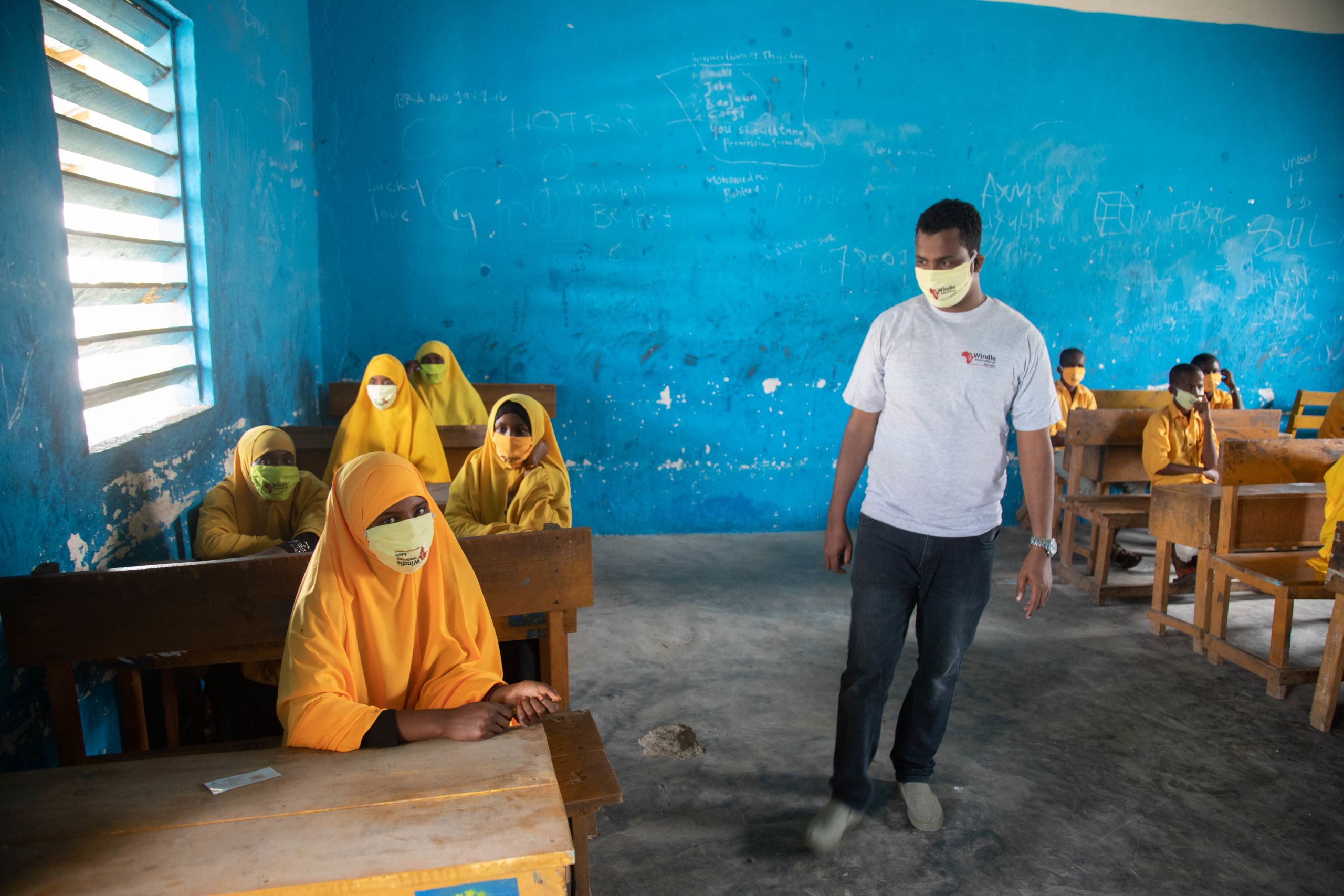
All teachers need training and ongoing professional support.
One of Windle International’s core beliefs is that quality education is the medium through which refugees and people affected by conflict are able to improve their future prospects, deriving hope and empowerment, and become not just empowered and responsible citizens, but active contributors to building peaceful and just societies in their countries of origin. Teachers are critical to this, and must be adequately trained and motivated.
Our goal is therefore to create a globally-competitive teacher education strategy that ultimately results in all teachers in IGAD countries being educated to degree level. We will draw on our decades of experience to:
- Robustly train teachers to improve the quality of teaching and raise educational standards, in improving their own capabilities and, in turn, increasing opportunities for primary and secondary school children;
- Provide continuous refresher training for teachers to ensure they maintain standards and teach in line with the latest pedagogical skills and knowledge;
- Engage with policy makers to advocate for the best approaches to ensure quality education is developed and maintained.
This will result in:
a) Educated teachers who hold internationally-recognised college and university certification. Training will be provided by a university and a national teacher training institution.
b) A percentage (to be determined per country and context) of those trained through the programme will be women.
c) Teachers who are proficient in spoken and written English. Windle International will provide English Language training as part of the programme.
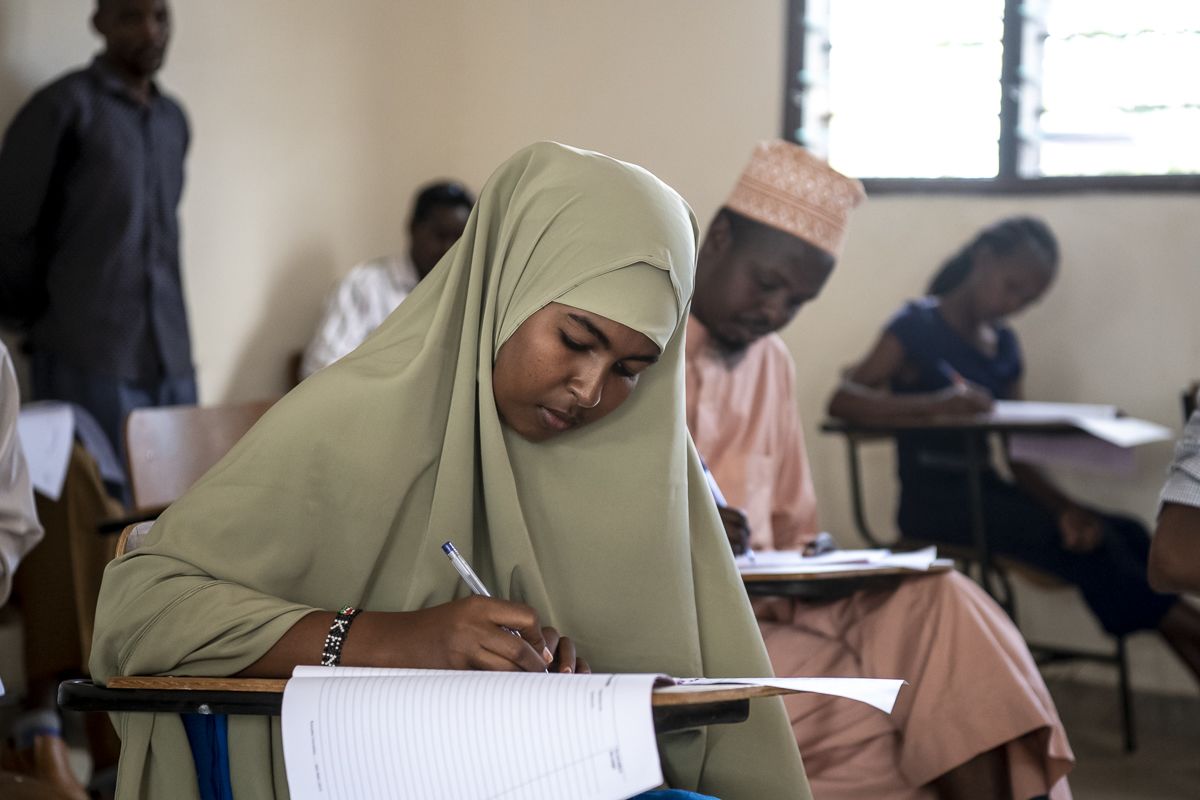
Specific issues
Relating to quality education and teacher training

The education sector within the IGAD region faces a number of challenges. This programme will seek to address a number of them, including:
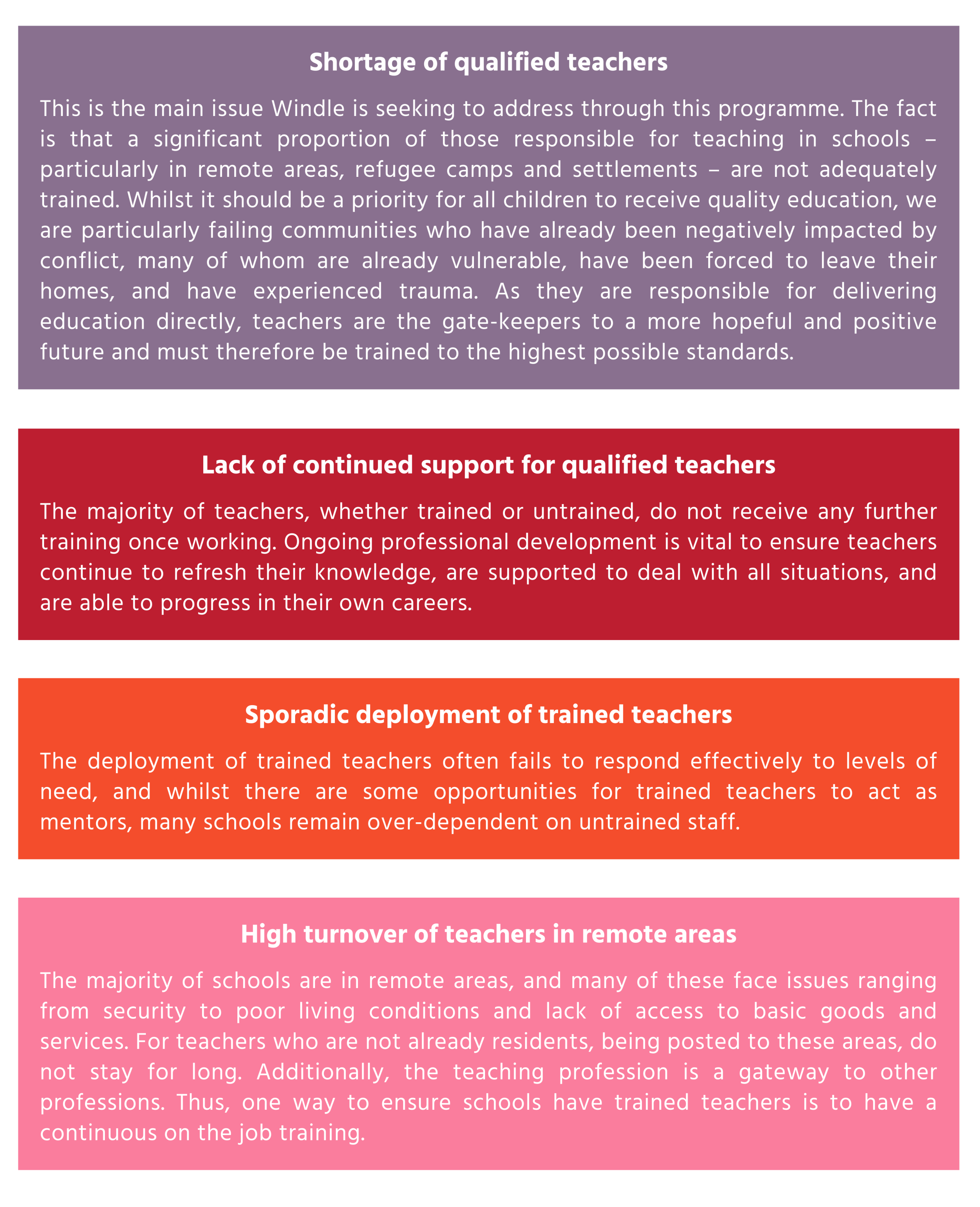
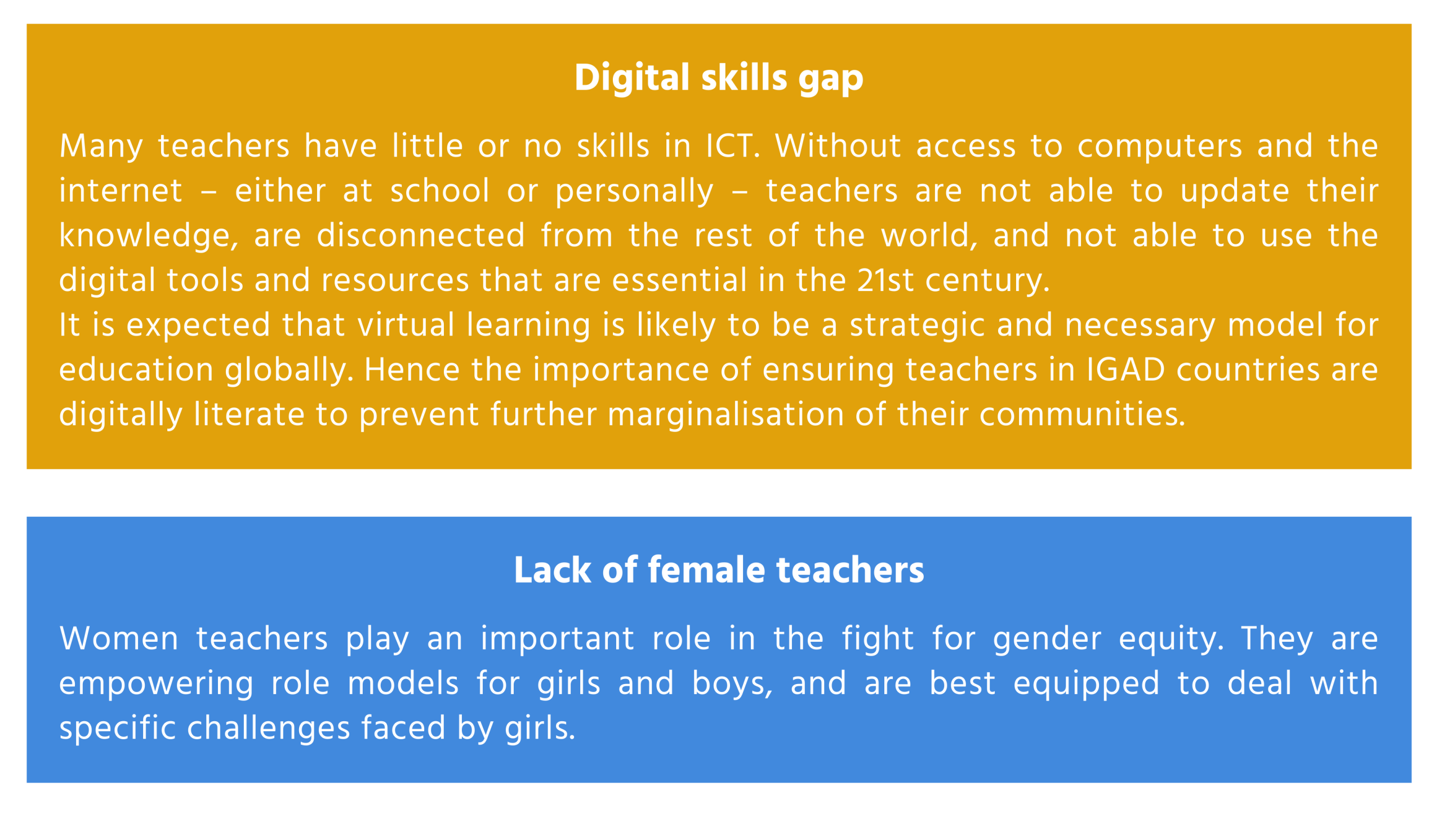
In addition to the issues above which will be addressed by the programme, the sector also experiences the following challenges:
Lack of resources & poor school infrastructure
Lack of funding for adequate teaching materials, and poor school infrastructure, are widespread problems that are as fundamental to providing young people with quality education as trained teachers. Through our advocacy work, we aim to increase support from a range of sources to help address them.
Excessive work load
Due to the shortage of teachers, classes are often combined which leads to extreme overcrowding, with ratios of 100 students to a single teacher not being uncommon. Even if teachers are willing, the practicalities of giving students the attention they need, and the lack of time to set and mark exercises and assessments means students are significantly disadvantaged by the situation, and teachers are disempowered, frustrated and overworked.
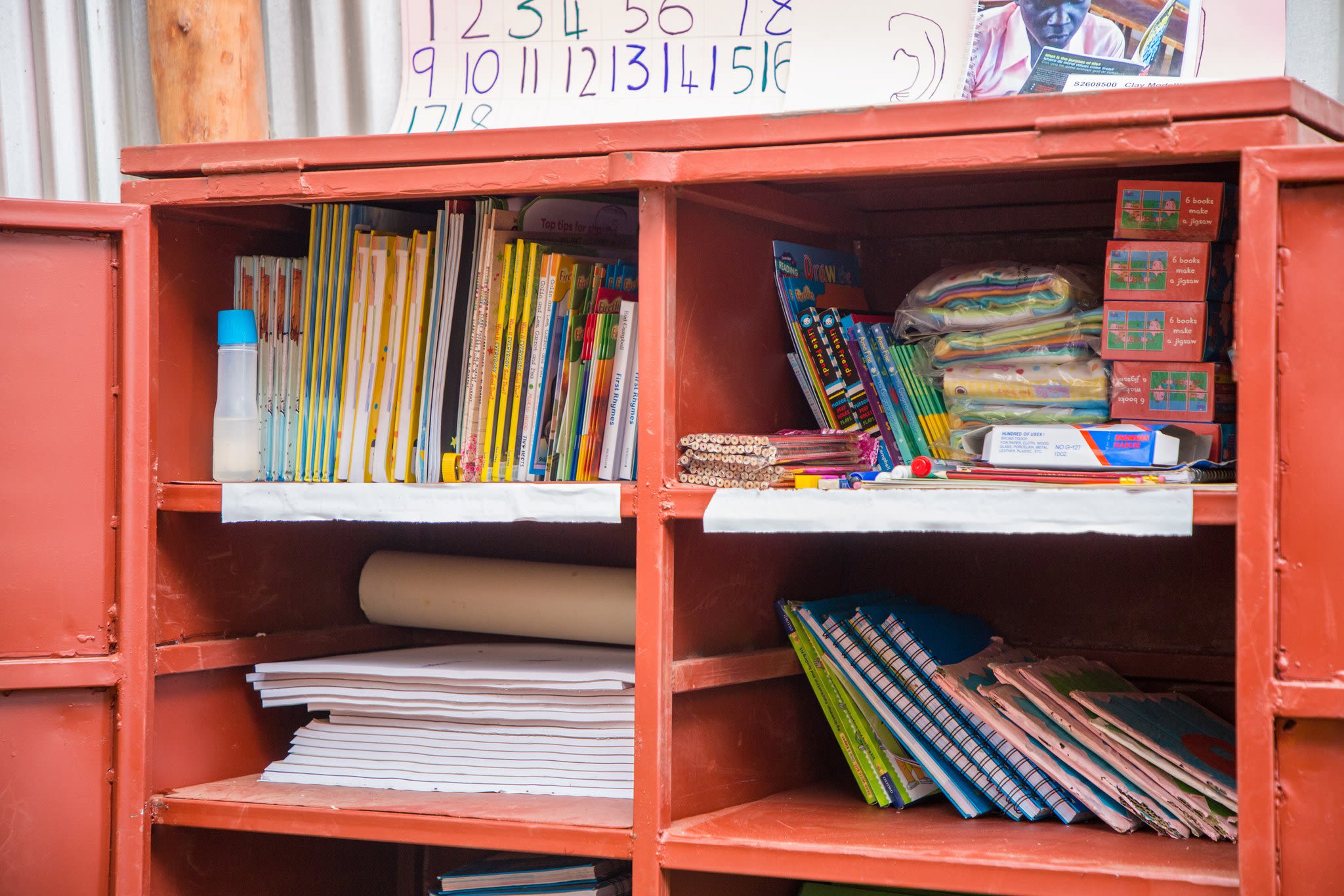
Our Approach
To Teacher Training

1. A blended online-offline approach
Hybrid learning helps teachers to understand and apply modern teaching methods to their classroom. Our tried-and-tested blended approach will target teachers in schools: the untrained teachers for comprehensive certificated oriented training, and for trained teachers, Continuous Professional Development (CPD) through short refresher courses. In order not to deprive children their teachers, the training will be conducted on-site during school holidays and on-line when schools are in session via Zoom, Microsoft Teams, video links and other e-learning approaches that allow students to access learning materials offline.
Education learning centres (ELCs) will be established to enable face-to-face training. Educational Learning Centres (ELCs) will be identified in central places within a cluster of at least 5-10 schools. These centres will be either existing schools or other educational centres. The ELCs are core to the delivery of a blended teacher education programme. They will be fully-equipped with high speed internet infrastructure and other ICT equipment.
2. On-the-job training
This project will use On the Job Training (OJT), which will take place in the workplace - either at the school or in ELCs.
The trainers, who will usually be university professors or college lectures, will develop and deliver onsite-online training materials. The external experts will largely use online training, whilst local universities and colleges will largely undertake face to face training. The OJT will be a structured programme, where the trainee teachers will be expected to follow and be ready for scheduled online or onsite lectures.
The most tangible advantages of on the job training is that it will benefit the schools by ensuring teachers have the skills and knowledge needed to perform their teaching excellently for quality education. Other advantages of OJT include:
a) Does not deprive pupils of their teachers, as opposed to off-site training when teachers have to be away for a long time.
b) It’s cost effective in that it does not create a gap in the teaching force that may require replacement.
c) Provision of immediate benefits to students with improved teaching methods. Every day of the training brings a direct transferrable impact to pupils
d) Equips teachers with modern teaching skills and knowledge in their workplace.
e) Tends to function on the ‘Kaizen principle’ – that of continuous improvement, as teachers advance their knowledge and apply it from the outset of training.
f) Provides opportunities for coaching and mentoring of teachers by highly experienced university professors, inspiring trainee teachers as they learn.
g) Practical learning, by providing an actual learning environment.
h) Provides an opportunity for untrained teachers to grow professionally
i) Visiting university lecturers provide rare opportunities to interact with school management.
3. Teaching Practice
The main objective for teacher training is to improve the quality of teaching and learning on a daily basis. It is envisioned that the trainees who are already teaching as untrained teachers will incrementally improve their skills with every training lesson offered. This will ensure direct benefit to their pupils. This is the main objective of the OJT, incremental improvement of quality teaching.
Therefore, unlike college training where teaching practice is undertaken towards the end of the training course, our approach ensures practical teaching is as an integral part of the training, and will be a continuous activity throughout its duration. This results in teachers being monitored consistently throughout their training, rather than qualification being subject to a one-off practical examination.
4. Training Curriculum
This training will adopt the training curriculum of the country where the programme is being conducted, in order to align it with country’s education strategic plan as well as ensuring recognised certification.
5. Baseline Survey
A baseline survey will be conducted prior to the beginning of the programme to establish the performance of the schools in the subject areas of the trainee teachers. Progress towards whether the training of teachers is helping to improve the quality of education will be measured through school tests, and qualitatively by interviewing members of the school community (teachers, parents and students). The Monitoring and Evaluation office, working with the consortium members, will determine the best way to measure and report on this. A comparative analysis will be done to assess the performance of students taught by the trainee teachers, and those taught by teachers not in the programme.
6. Induction and duration
After identifying the trainee teachers, there will be a comprehensive induction that will be done onsite with a possibility of video link sessions for partners who may not able to attend physically. The induction will deal with the following issues:
- Mode of training delivery: online, onsite
- Assessment and progression
- Establishing the digital gap of the trainees
- Introduction to delivery platforms
- Discussion of the administrative and governance structure
- Creation of a trainee network, and representation
- Establishing support systems
Due to the combined online-onsite training approach, this training programme is anticipated to reduce regular teacher training programmes by at least one year.
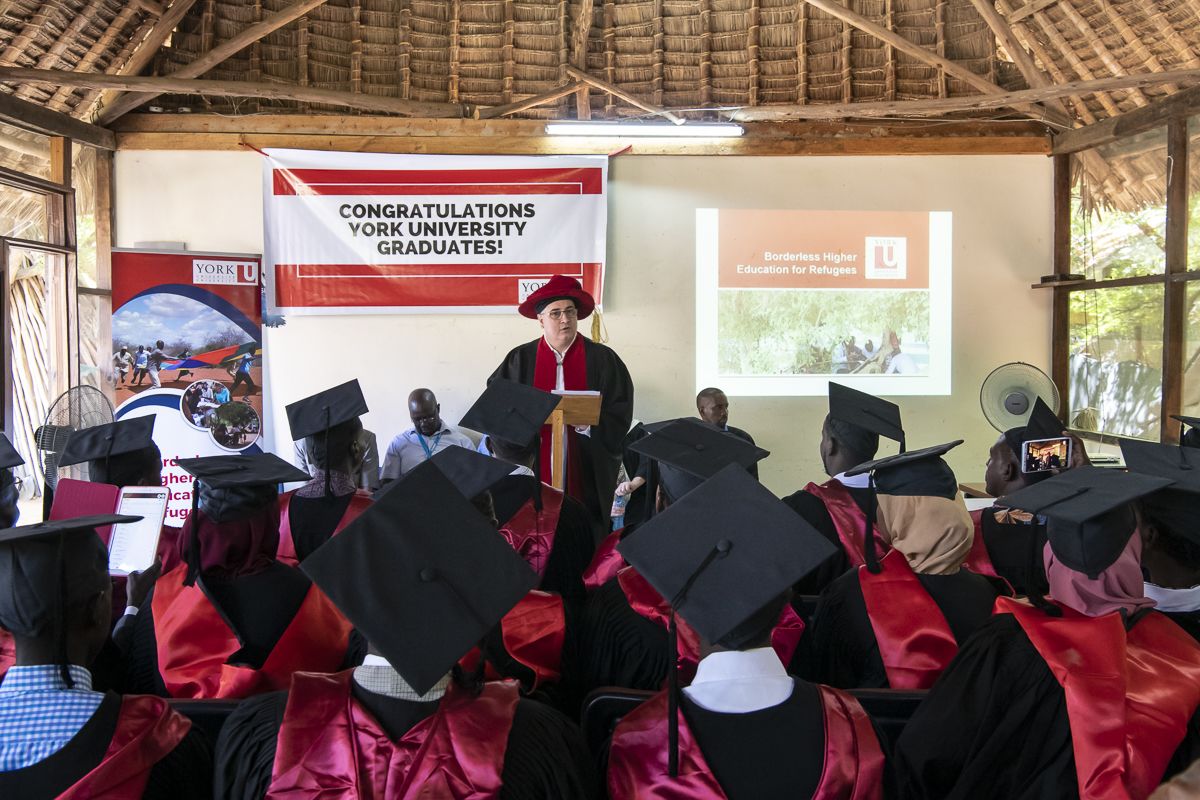
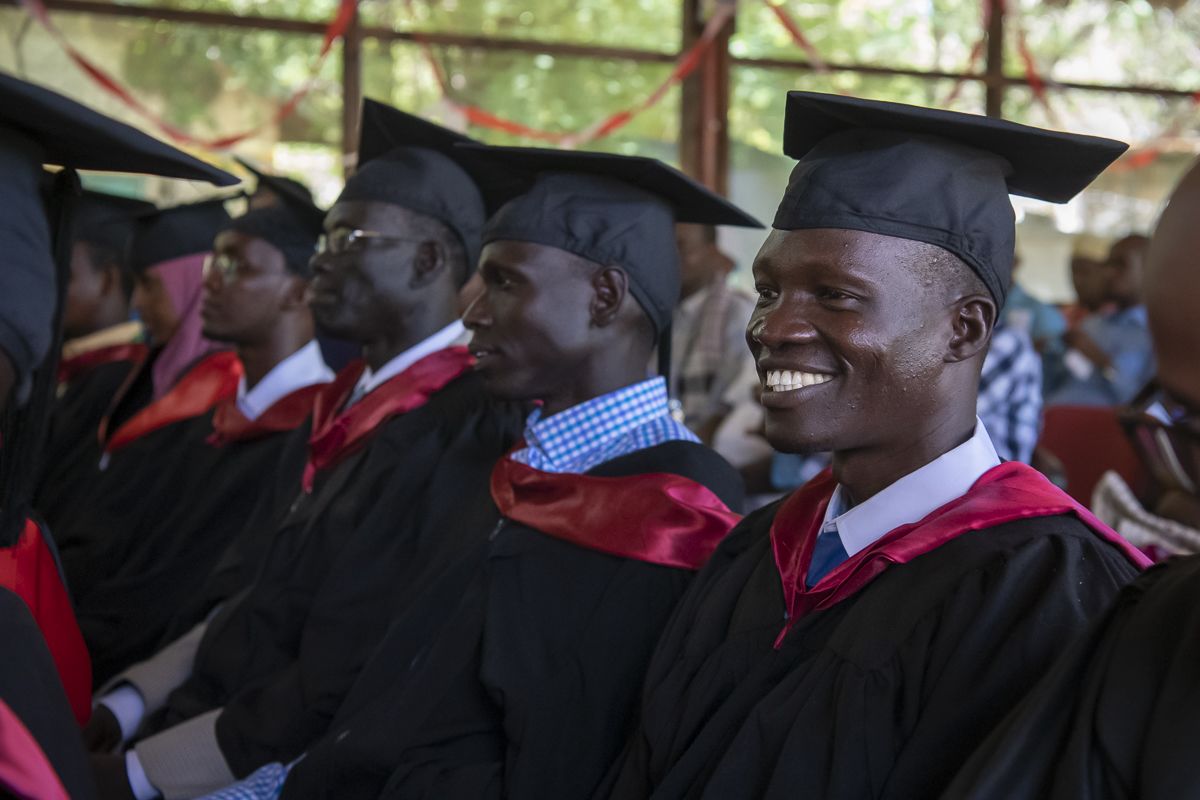
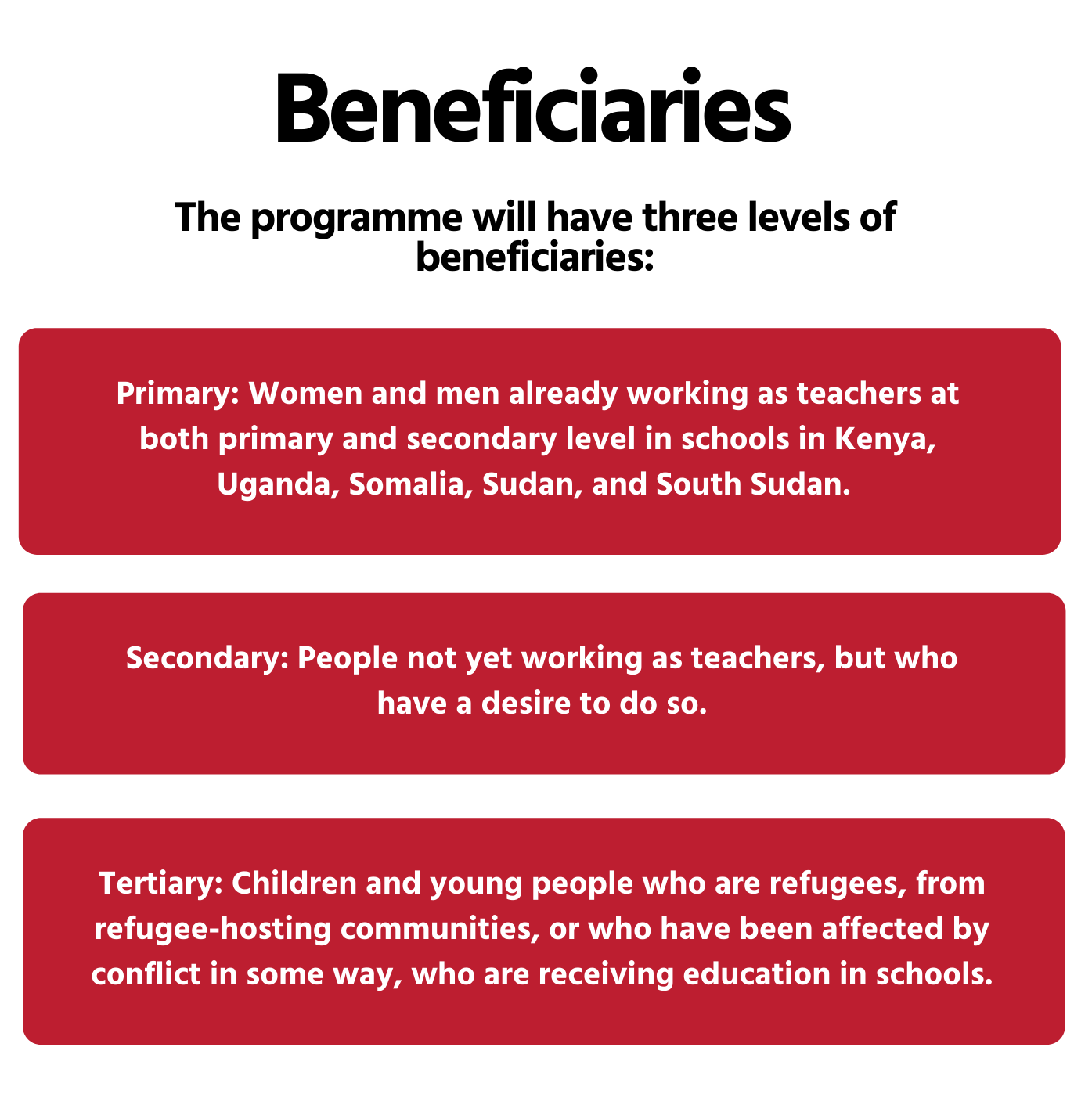
About us
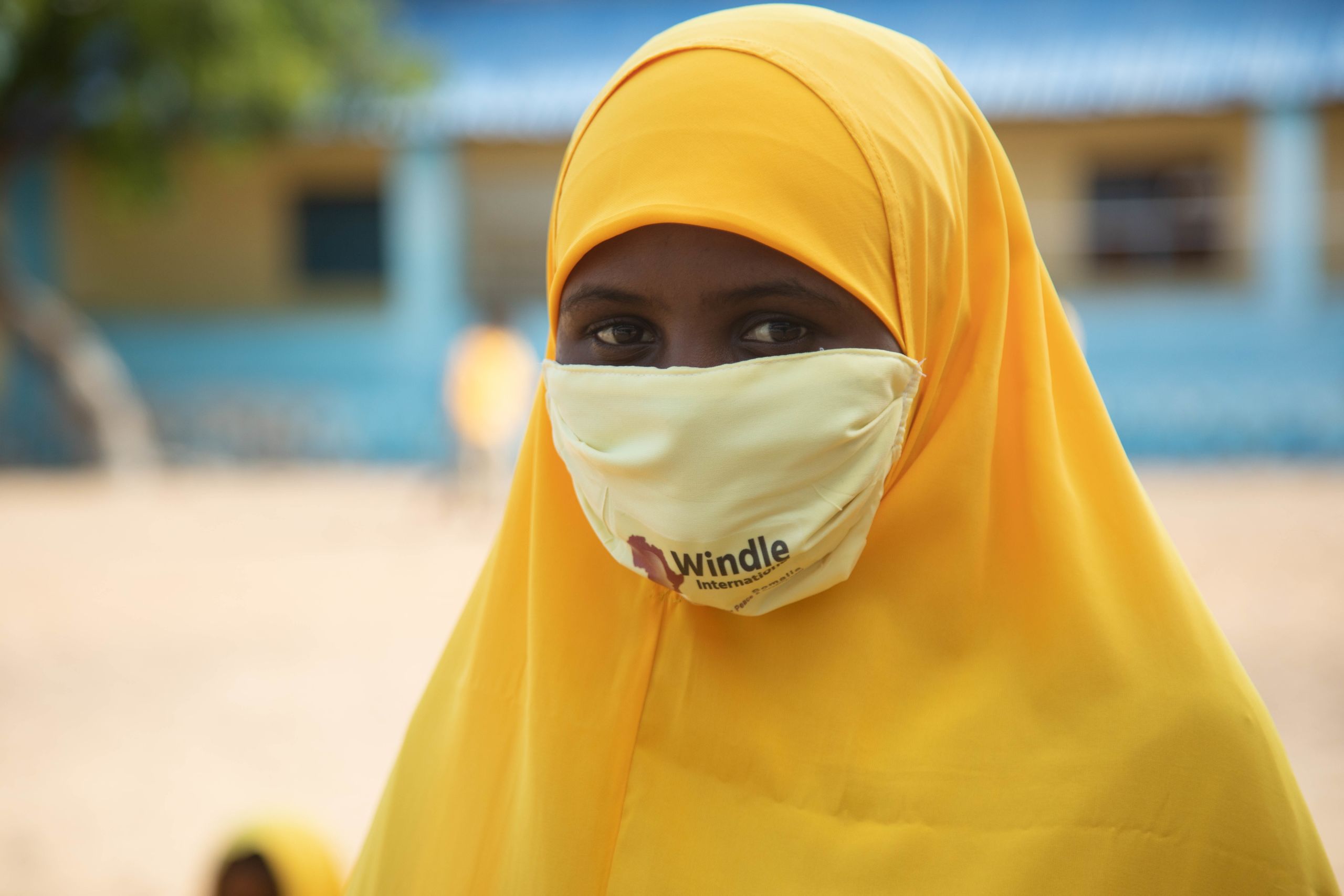
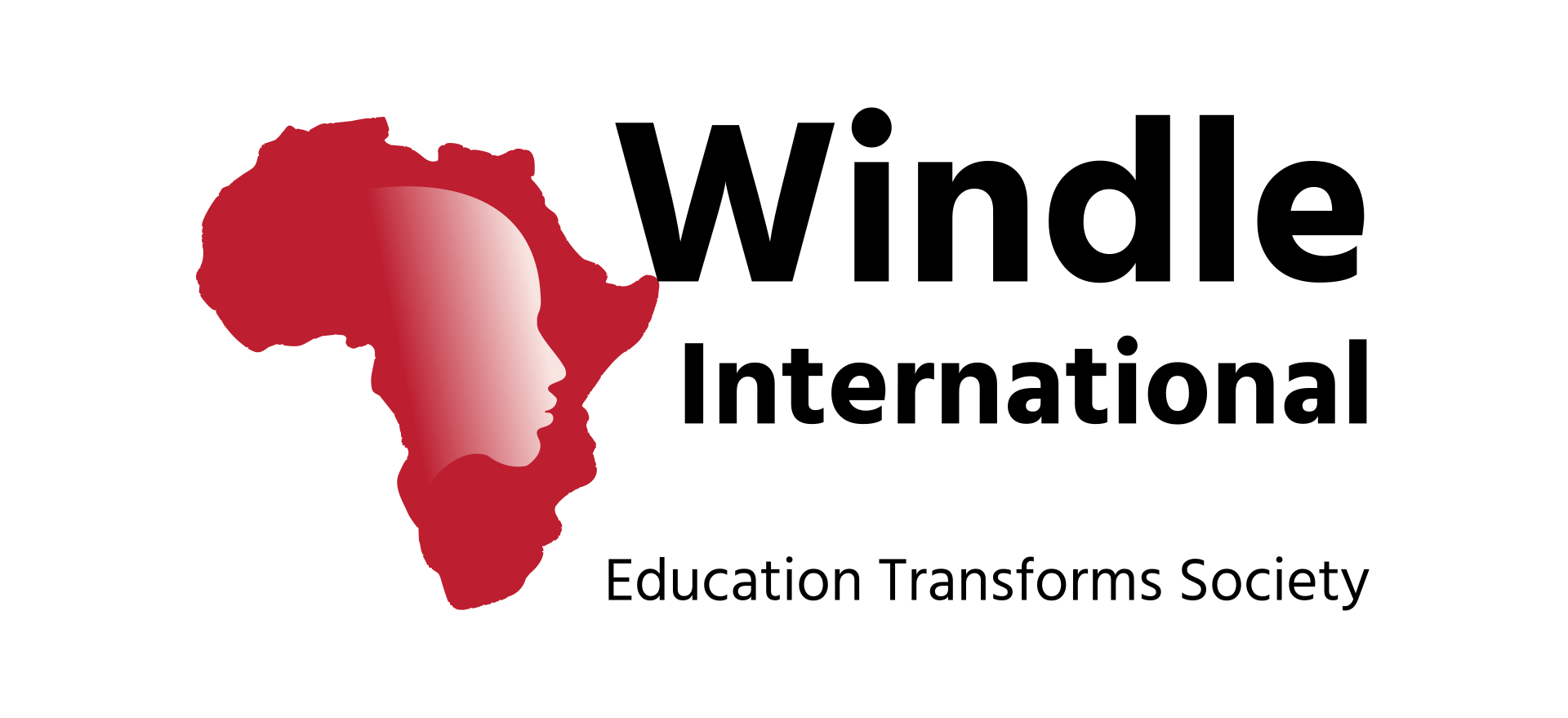
Every year Windle International helps over a million refugees and people affected by conflict to access quality education.
We are an international non-governmental organisation (NGO) with over forty years of experience, based in and operating across eastern Africa, the UK, the US and Canada.
We empower refugees and people affected by conflict and marginalisation to achieve their academic potential, and contribute to sustainable development, by acting as a lead provider of quality education and training. From managing primary and secondary schools to providing higher education scholarships and offering vocational training, we help people to succeed at every educational level.
Are you interested in supporting this programme?
Request the full programme proposal at:
info@windleinternational.org

